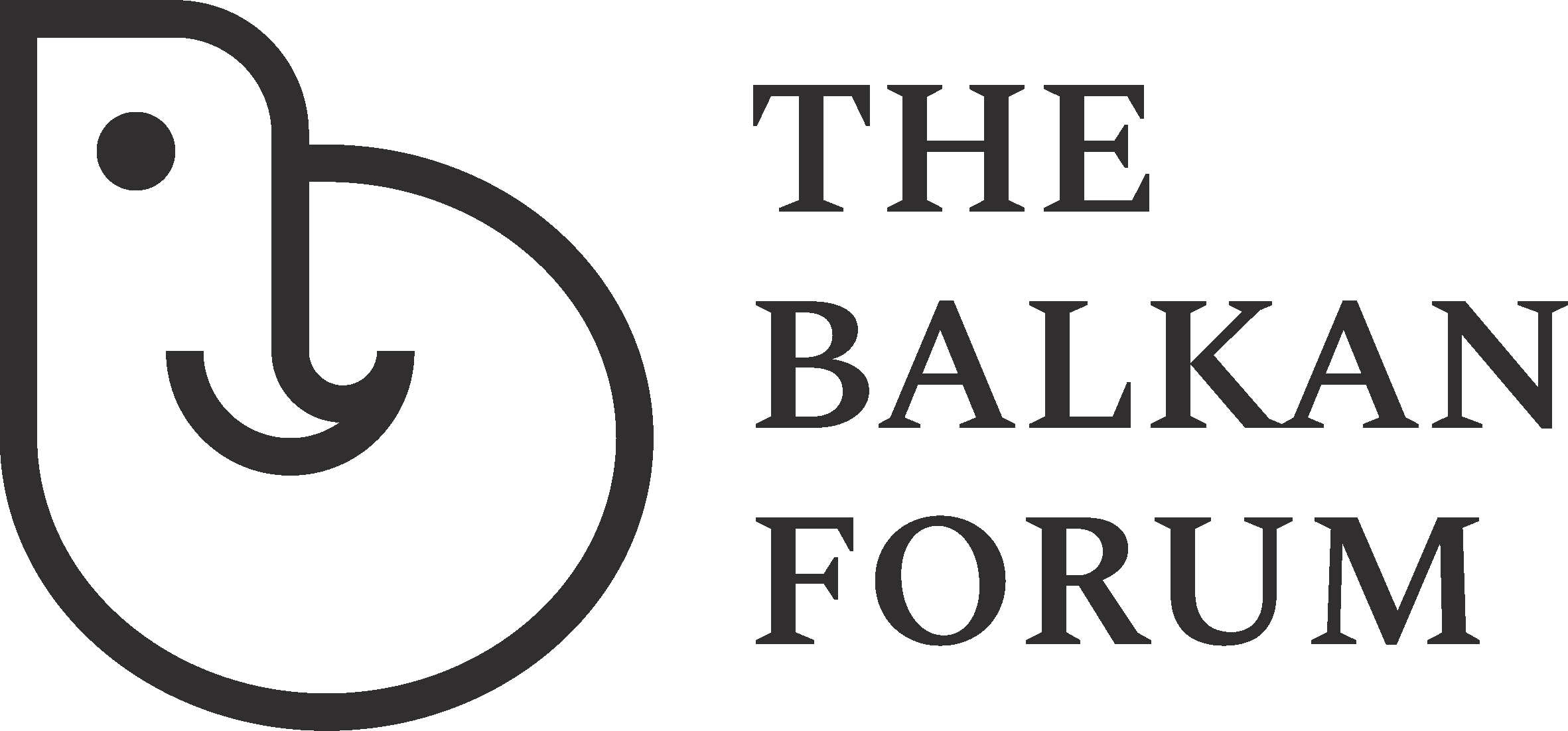In the Balkans, the concept of zero tolerance for human rights violations, violence, and discrimination holds particular importance due to the region’s turbulent history of conflicts, some of which occurred not so long ago. These conflicts have left behind deeply entrenched ethnic, religious, and ideological divisions that remain highly visible even today. Although the region has made significant progress in building democratic institutions and protecting human rights, numerous challenges still require additional attention and the engagement of all social actors.
Social networks, particularly Network X (formerly Twitter), are playing an increasingly significant role in promoting ideas of reconciliation, equality, and tolerance among citizens in these countries. X is often perceived as a platform that enables the free expression of opinions and fosters dialogue on crucial social issues. It serves as a vital medium where people from across the region can freely discuss topics such as human rights, gender equality, minority rights, and freedom of speech, without relying on mainstream media for visibility.
On the other hand, in the Balkans, where political and ethnic tensions are often high, this freedom comes with certain risks. The minimal restrictions on freedom of expression and X’s liberal content moderation policies have also made it a platform rife with explicit examples of hate speech among different ethnic, religious, and social groups, as well as a hub for spreading of disinformation. In this way, Network X has become a battlefield of clashing ideologies and narratives, ultimately contributing to the increasing polarization of these societies.
A particularly concerning trend involves the creation and dissemination of disinformative narratives about environmental issues in Montenegro, such as illegal gravel extraction, unregulated fishing, and relentless deforestation. On Platform X, these issues are often portrayed as activities targeting local communities, depicting them as victims of policies allegedly threatening their survival. These narratives attract attention due to their emotional charge, which fosters divisions and further polarizes public discourse. Such arguments frequently overlook broader ecological consequences and instead focus on framing regulatory measures as harmful to local residents, reinforcing the perception of institutional injustice. This essentially constitutes the legitimization and approval of harmful practices.
One key factor exacerbating this issue is user anonymity. Many individuals use fake profiles or pseudonyms, allowing them to express opinions they would not share under their real names. This anonymity provides a sense of security, often resulting in radical statements that go beyond the boundaries of civilized dialogue, as users feel protected behind their screens and believe their comments will never be sanctioned. While X occasionally takes action against such users, the systemic issue remains unresolved.
Balkan societies, with their complex histories and long-term tensions, often serve as fertile ground for online conflicts of this nature. A single socially or politically sensitive issue can spark a wave of negative comments and hate speech on X. In this context, X reflects the real divisions within society, albeit amplified, as the platform facilitates the promotion of extreme narratives due to the lack of face-to-face confrontation.
Another significant issue lies in how algorithms function. Content that triggers strong emotional reactions—such as anger, frustration, or fear—is more likely to gain visibility and go viral. This means posts containing hate speech, insults, or disinformation often reach a wider audience faster than those promoting dialogue and understanding.
Adding to the problem is the irresponsible behaviour of political elites and decision-makers, who frequently contribute to creating an atmosphere of intolerance and rejection of different opinions on social networks. This makes Network X an ideal “battleground” for all irresponsible individuals.
Essentially, Network X is a tool that can be used for either building or destroying social relations, depending on how it is used. While some use this platform to spread ideas of reconciliation, others wield it as a weapon in ideological wars, deepening divisions and creating additional tensions.
In the Balkans, where divisions are often deep and complex, the role of Network X in spreading intolerance cannot be overlooked. However, the responsibility for mitigating its negative effects also lies with the users themselves, who can choose whether to contribute to dialogue and understanding or to become part of the problem.
Ultimately, Network X shapes public opinion, thereby influencing the popularization of intolerance, far-right ideologies, and other ideas that should be relic of the past in this region.

Boris Đerković
Civic activist and one of the founders of the environmental initiative “Green Up Montenegro”












